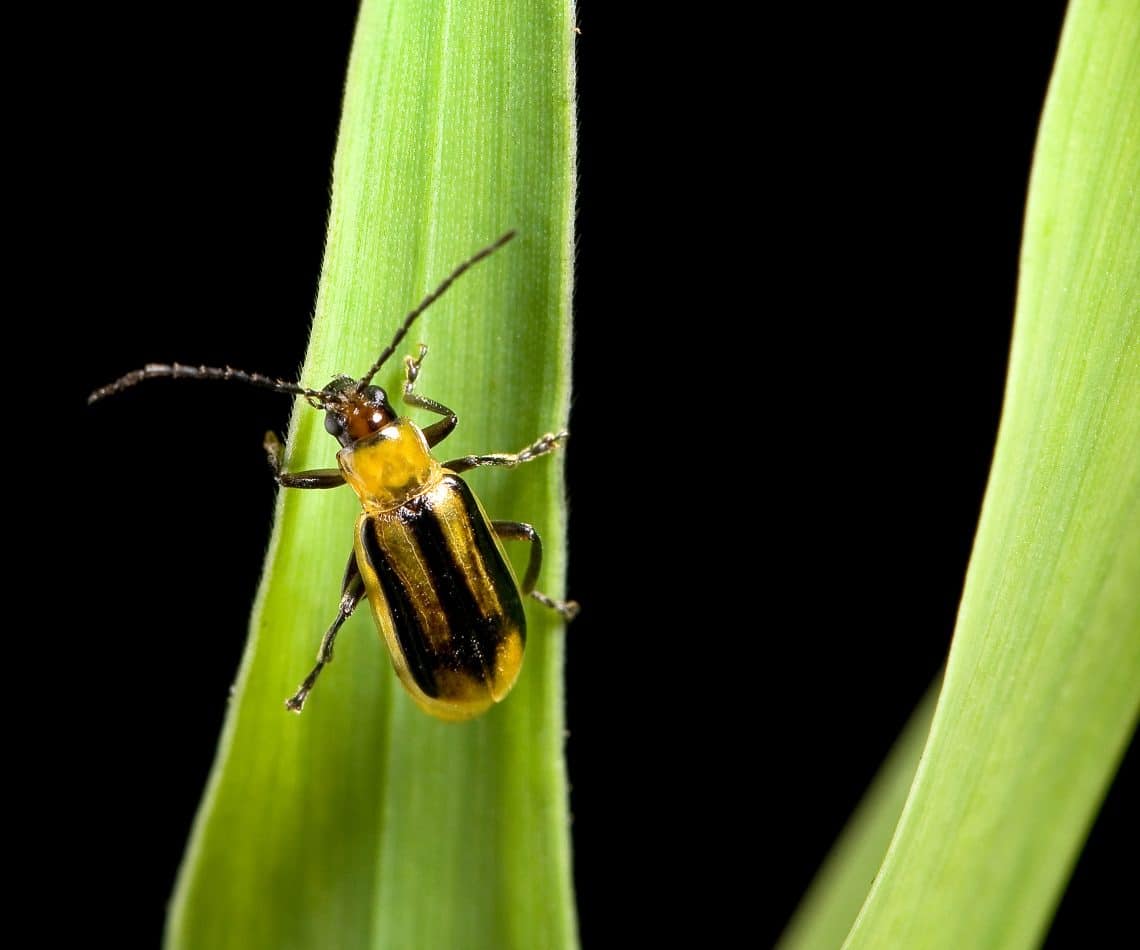Researchers at DuPont Pioneer uncovered a non-Bacillus thuringiensis (Bt) protein that could provide an alternative method in helping farmers control rootworm in North America and Europe.
“This research represents a breakthrough for addressing a major challenge in agriculture,” says Neal Gutterson, DuPont Pioneer vice president, Research & Development. “We have discovered a non-Bt protein that demonstrates insecticidal control of western corn rootworm with a new and different mode of action than Bt proteins currently used in transgenic products.
“This protein could be a critical component for managing corn rootworm in future corn seed product offerings. The work also suggests that bacteria other than Bt are alternative sources of insecticidal proteins for insect control trait development.”
Corn rootworm is a destructive pest and both the larvae and adults can cause significant economic damage to farmers yields and profitability. This research was recently published in Science Magazine.
This discovery could go a long way as researchers at The Ohio State University say there’s only one trait, eCry3.1Ab (present in Duracade traits), without any published reports of resistance.
“Western corn rootworm is a highly adaptable insect, and it was just a matter of time before we saw resistance to Bt traits designed to protect against root damage,” say Andrew Michel, an OSU entomologist and associate professor, and Kelley Tilmon, OSU Extension field specialist for field crop entomology. “In the Western Corn Belt, growers have noticed many field failures due to heavy rootworm feeding.”
At Iowa State University, Aaron Gassmann’s laboratory has been evaluating resistance issues since 2011, when they discovered resistance to Cry3Bb1, which might be present in Yieldgard or Genuity traits. Then in 2014, they found resistance to mCry3A, which might be present in Agrisure traits. This year, they found resistance to Cry34/35Ab1, which might be present in Herculex or Optimum traits.
Both Michel and Tilmon say it’s important to note that these products are still effective and work, but the first signs of resistance are starting to pop up.
That’s why new discoveries, such as this one by DuPont Pioneer, are welcome news to farmers.











